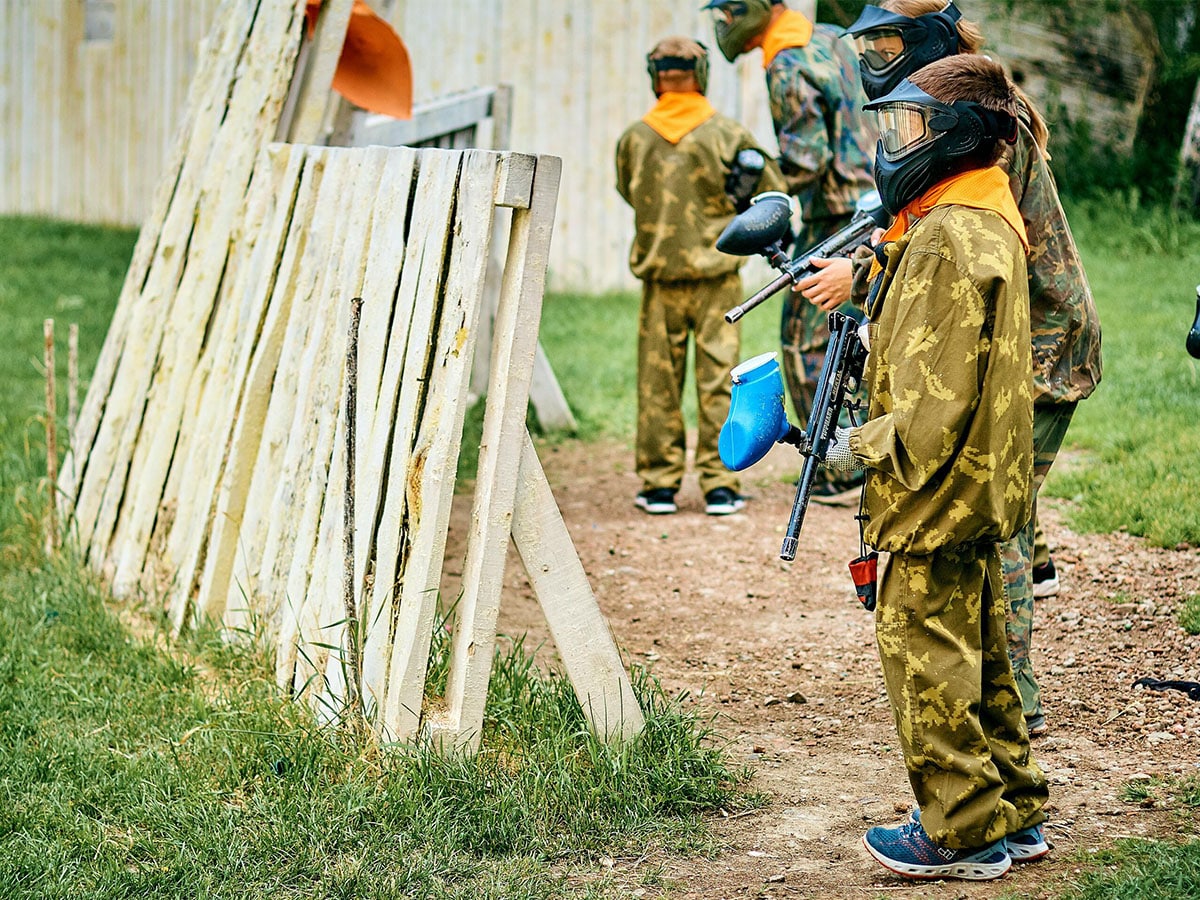
Paintball is a fantastic and fast-paced activity that challenges both the body and mind. Players must develop quick reflexes, strategic thinking, and teamwork to succeed in a match. The game is more than simply shooting paint; it needs tactical planning and split-second decision-making. Paintball is often in comparison to a high-intensity game of chess, where movement and positioning are simply as important as aiming and accuracy. Understanding the science behind the game, including reaction time, physics, and strategy, can significantly enhance performance on the field. One of the most crucial aspects of the game is reaction time. A player's power to dodge incoming shots, quickly take cover, or fire at an opponent before being hit could be the difference between victory and defeat. Training the mind to react faster involves practice, situational awareness, and experience. Many paint balling enthusiasts focus on improving their agility and hand-eye coordination to get a competitive edge. Reflex drills, such as for instance target tracking and quick-fire exercises, help sharpen reaction speed and accuracy. The faster a new player can process information and act, the more effective they become in combat situations.
Strategy plays an essential role in the game. Players who rush to the open without a plan often find themselves eliminated quickly. A strong team will communicate effectively, plan attacks, and defend key aspects of the battlefield. Paintball experience days provide the right chance for players to refine their tactics and study from experienced opponents. Understanding the layout of the playing field and predicting enemy movements can turn the tide in a match. By using cover effectively and positioning themselves strategically, players can outmanoeuvre their opponents and increase their odds of success. Beyond individual skills, teamwork is critical for success. In group-based matches, working together to execute coordinated attacks or defensive plays is essential. Many businesses incorporate corporate paintball into their team development programmes to foster collaboration and trust among employees. These activities encourage participants to communicate under pressure, make quick decisions, and rely on their teammates for support. The overall game mirrors real-world workplace dynamics, where cooperation and problem-solving are key to achieving common goals. The concept of paintball team building activity has gained popularity among organisations looking for an engaging method to strengthen their teams.
By placing colleagues in high-pressure scenarios, paintball forces them to strategise, adapt, and support one another. This hands-on way of teamwork helps build camaraderie and leadership skills, which could translate into a more cohesive work environment. Team building paintball sessions often highlight strengths and weaknesses in just a group, allowing teams to improve their coordination and efficiency. The game has evolved beyond casual weekend matches, becoming a popular choice for competitive events and professional leagues. Many companies now offer paintball corporate team building experiences to supply an alternative to traditional bonding exercises. Whether played for fun or within a structured programme, paintball remains a highly effective way to produce quick thinking, adaptability, and teamwork. As players continue steadily to push their limits and refine their techniques, the overall game continues to evolve, offering an exhilarating experience for participants of skill levels. Team building in paintball extends beyond the game itself, creating lasting memories and valuable lessons that apply to many facets of life.
No comments:
Post a Comment